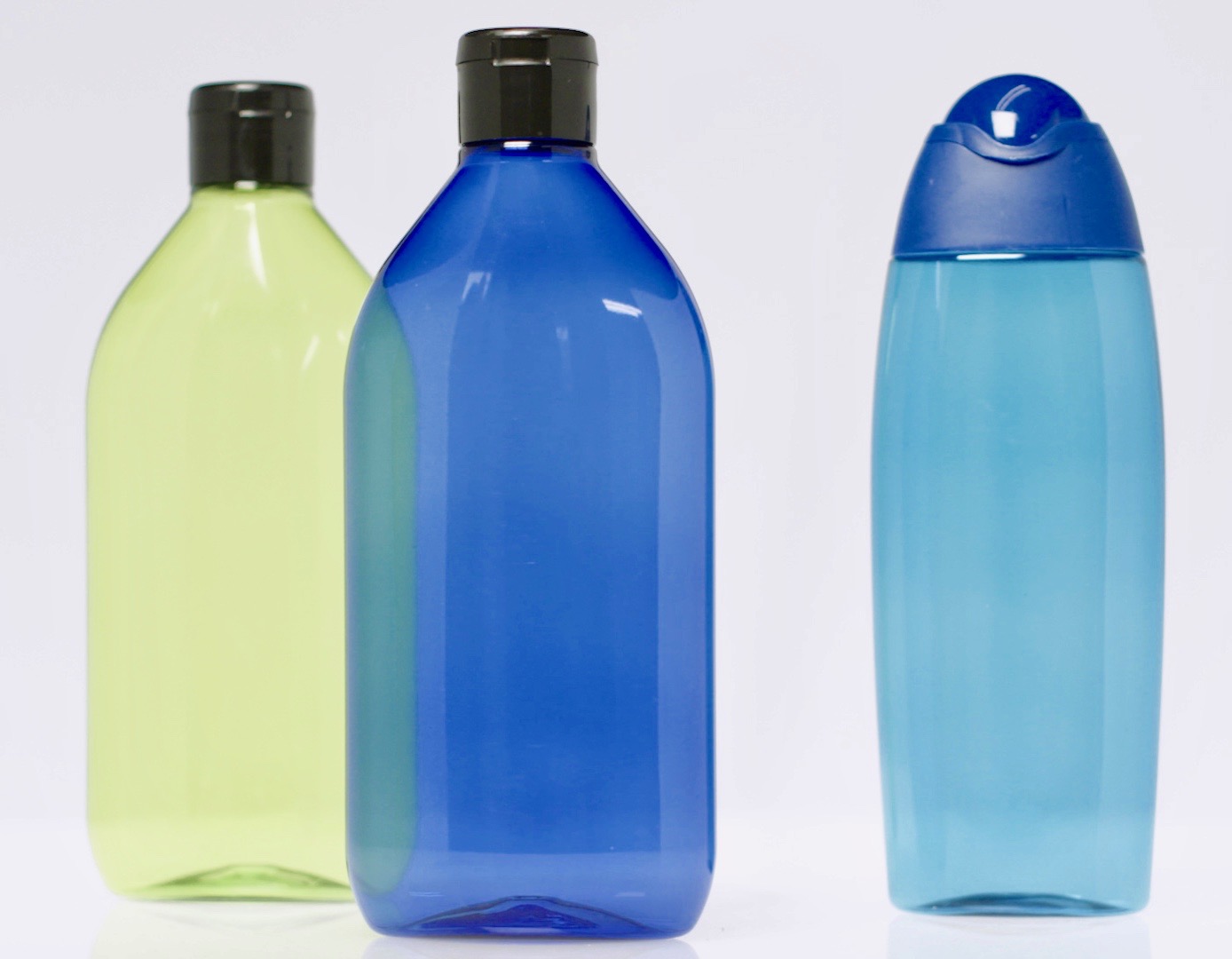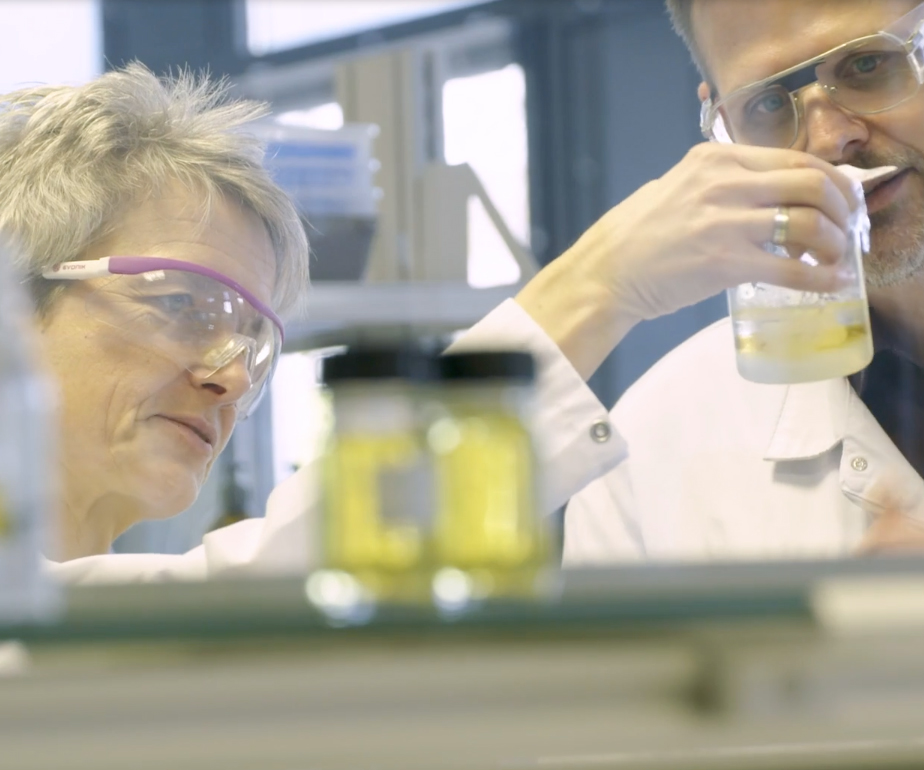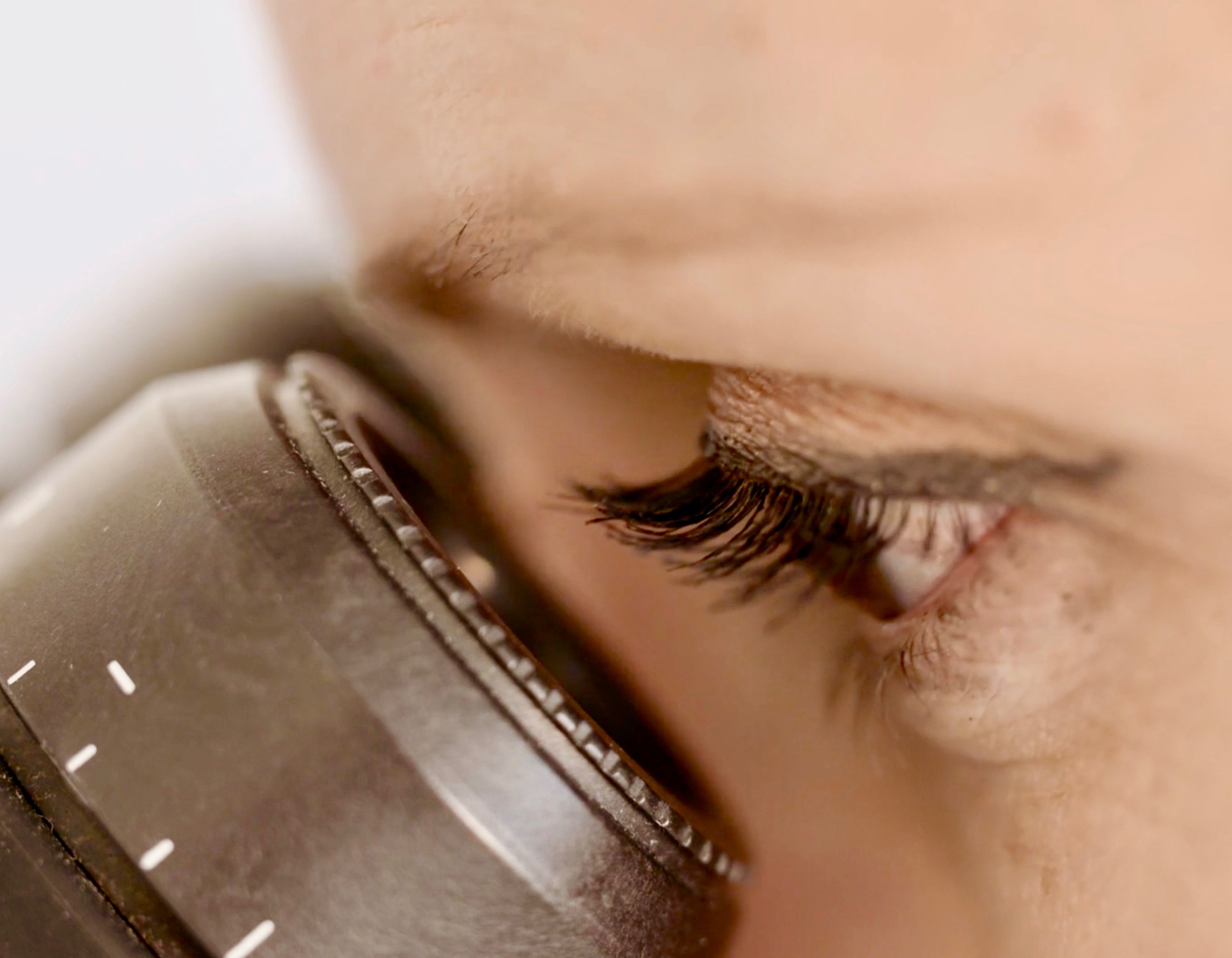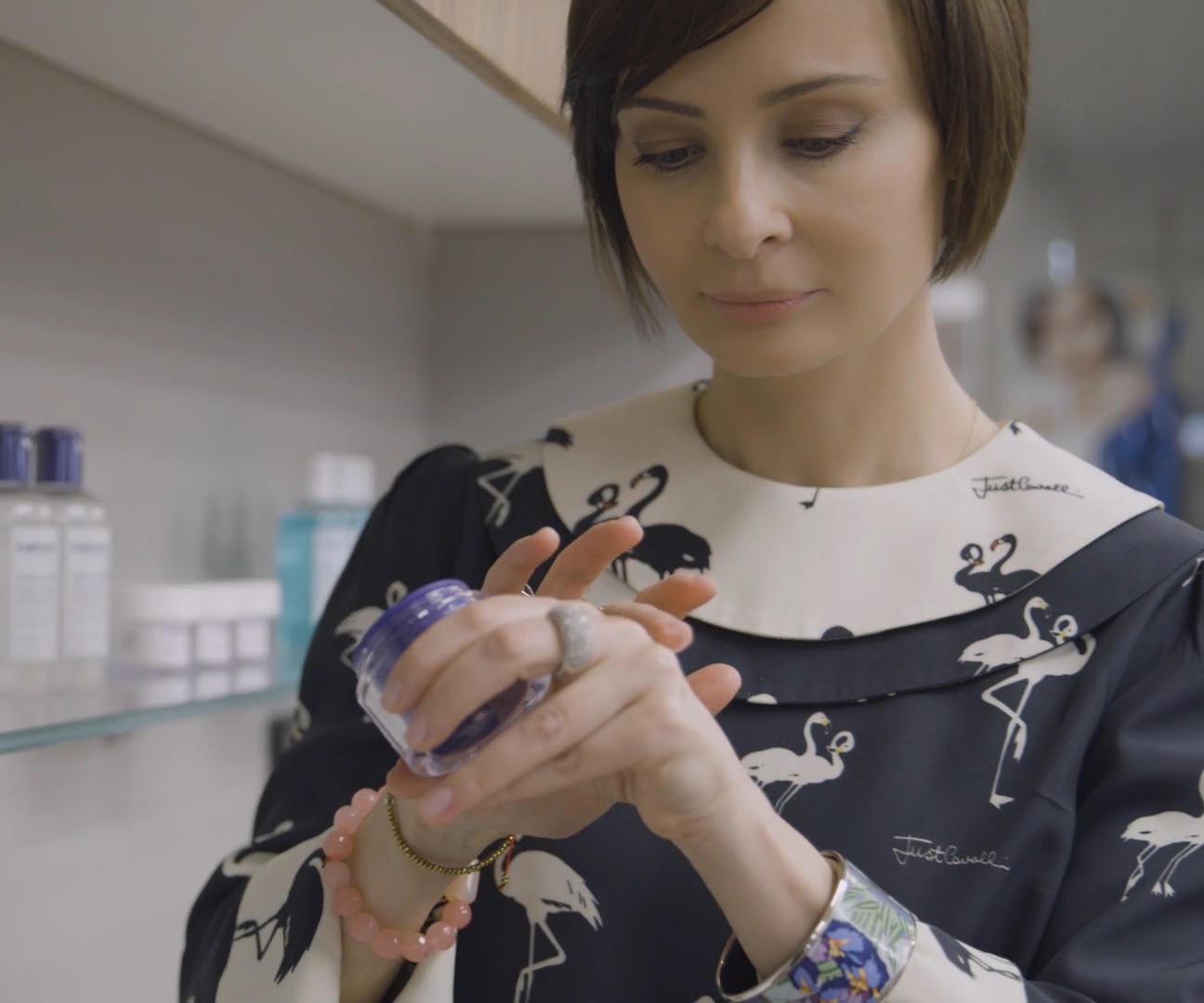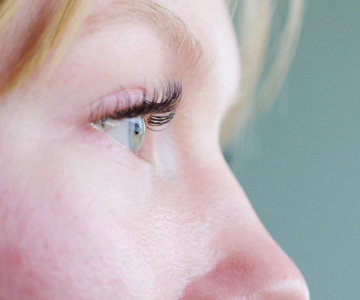People
How can cosmetics and personal care products help consumers to feel their best and protect their health?
When 19th century Hungarian doctor and scientist Ignaz Semmelweis first tried to introduce hand sanitising as a method of disease prevention, he was dismissed by colleagues and ridiculed. His observations conflicted with the established scientific and medical opinions of the time and were rejected outright.
Dr Semmelweis’s theories were, of course, later proven correct, and now handwashing is not only an essential routine practice for doctors and clinical staff in hospitals but for all of us as we grapple with the global Covid 19 pandemic.
Hand soaps and gels are just one type of essential personal care products we use daily and rely upon as the first line of defence against illness. “Something as simple as washing your hands can have a big impact. Washing your hands whenever you go out and come back is the first thing you do because of the Covid crisis - you almost don’t think about it anymore,” says Gerald Renner, director of technical regulatory affairs at Cosmetics Europe.
Public health benefits apply to other cosmetics and personal care products, too, says Renner, such as toothpaste. “You use it because you want to have clean teeth and fresh breath, but it is also reducing your risk of caries. Cosmetics are not drugs, they’re not there to prevent a disease, but they can reduce your risk.”
Similarly, sunscreens bring the benefit of preventing skin redness and discomfort associated with sunburn but over the long term it’s thought their use can also help to reduce the risk of skin cancer. “The risk of skin cancer is linked to the accumulated number of sunburns you get over your life. Sunscreen is not an anti-cancer drug but if you use sunscreen and generally play it safe with regard to sun exposure you can reduce your risk,” says Renner. “This is an area where cosmetics have a strong role to play in terms of public health.”
Of course, consumers do not primarily think of their cosmetics in terms of health but rather enjoy the personal care and well-being benefits. Innovative skincare products that improve the appearance and performance of the skin are always welcomed by consumers, particularly amongst those who suffer with skin challenges, be it blemishes, acne or conditions associated with dry skin. But all of us, regardless of skin or hair type, or age or gender, rely hugely on cosmetics to boost our self-esteem and quality of life.
“Cosmetics are absolutely essential to our daily life,” says Diane Watson, director of public affairs and communication at Cosmetics Europe. “What would we do without cosmetics? Imagine you couldn’t clean your teeth. Imagine you couldn't have a bath or shower for a number of days or weeks. Imagine you couldn't put on your skincare, apply your make up or style your hair. Imagine you’re out in the sun and there was no sun protection. All that goes to highlight the essential need for cosmetics for the 500 million consumers in Europe but also all around the world.”
Beyond the physical and public health benefits, there is plenty of data to show that cosmetics can improve mood, enhance appearance, boost self esteem and social interactions. Research conducted by Cosmetics Europe in 2017 found that 71% of consumers said cosmetics and personal care products were either important or very important to their daily life. In addition, 72% said the cosmetics and personal care products they use improve their quality of life. “This really spoke to the integral nature of cosmetics and personal care,” says Watson.
What’s more, 80% of consumers surveyed identified cosmetics and personal care as being important or very important in building up their self esteem, in their interactions with others in social contexts. And this was true across the generations. “Young millennials right the way up into the older age groups said that the products that mattered to them had this impact,” adds Watson.
Cosmetic Europe’s Consumer Insights Report of 2017 goes into further detail on page 14. “Given the important role in supporting their quality of life – particularly in health and personal hygiene – and enhancing self-esteem and appearance, it is unsurprising that 68% of consumers consider cosmetics and personal care industry products important or very important to how they are perceived by others. Furthermore, consumers value confidence in their appearance as much as having a fulfilling social life, with both considered by 83% of respondents as important or very important.”
The benefits to quality of life may be felt even more acutely by those dealing with specific challenges, such as those undergoing treatment for cancer, for example. International not-for-profit organisation Look Good Feel Better works with cancer patients to help boost the emotional wellbeing of those dealing with treatment side effects, and improve their self-image and appearance through free group and self-help skincare and make-up workshops. Since the programme began in the United States in 1989, Look Good Feel Better has helped nearly 2 million people in 26 countries around the world to boost their self esteem through the use of cosmetics.
Right across the product categories, from make-up and skincare to fragrance and haircare, it’s clear that cosmetics have a huge role to play in boosting people’s self-esteem and quality of life. But they also help to bolster physical wellbeing and amelioration of public health. The role they have to play in enhancing people’s lives cannot be overstated; they really are essentials for daily life.
